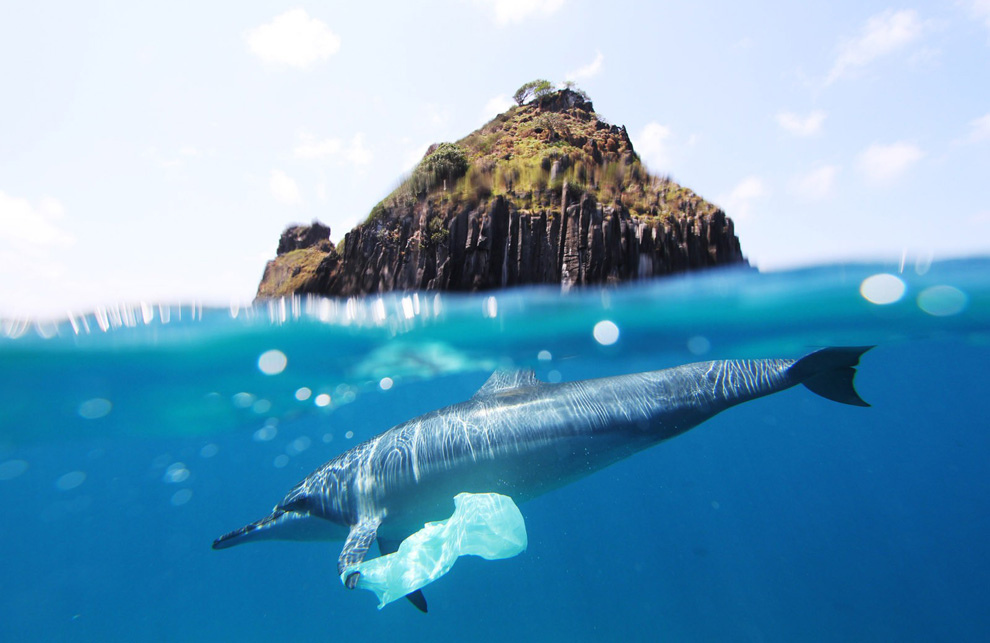European Parliament backs microplastic ban to tackle plastic pollution

July 10th, 2018
The European Parliament’s environment committee voted today in favour of strengthening EU plans to tackle the use of microplastics.
The Committee called for a number of measures that go above and beyond the original proposals from the Commission, including a ban on microplastics in cosmetics, personal care products and cleaning items by 2020.
The Committee also called for minimum requirements for Member States to tackle other sources of microplastics, as well as measures to ensure that taxes on plastics go toward projects to prevent the generation of plastic waste.
Meadhbh Bolger of the Rethink Plastic alliance said that the Parliament’s support sends a “strong signal” that more can be done to “cut off the flood of plastics” at the source. “National governments across Europe must rise to the challenge,” she added.
The Committee also voted in favour of a complete ban by 2020 of oxo-degradable plastics – conventional plastic materials with artificial additives that do not biodegrade but fragment into small pieces.

Dolphin with a plastic bag caught on its flipper Photo: Jedimentat44
MEPs also recognised that biodegradable and compostable plastics do not prevent plastic pollution and encourage the continued use of single-use plastics.
Ms Bolger welcomed the move, adding that that has been “a lot of greenwashing going on” to present bio-based and biodegradable plastics as a “silver bullet” to our plastic problem.
“Bio-based and biodegradable plastics pollute our beaches and seas just like conventional plastics and should be treated as such. It is hugely positive that the Parliament acknowledges this.”
Compostable cups and plates require commercial composting to biodegrade and mostly end up in landfill anyway as people throw them in general waste bins, ending up in incineration or landfill alongside traditional disposable cups.
In April, the Minister for the Environment, Denis Naughten, TD said that his department no longer plans to introduce a levy on compostable coffee cups as retailers move to introduce the cups on a larger scale.
Mr Naughten added that he is still considering bringing in levies on many single-use plastic items including non-recyclable cups.
The full European Parliament will vote in September on the Committee’s response to the Commission’s proposal.
[x_author title=”About the Author”]







